
After demystifying Sichuan food for Westerners, British author finds audience in China
Fuchsia Dunlop, a James Beard Award winner, has written a series of books on Chinese cuisine, and now one has finally been published in mainland China
The award-winning British writer who spent two decades researching and writing about Chinese food for English readers has brought her book to China, and it is garnering positive reviews as it offers a foreigner’s perspective on the country’s cuisine culture.
Dunlop, a native of Oxford, England, became attracted to Sichuan food in the mid-1990s when she was a student at China’s Sichuan University. She is a four-time winner of the prestigious James Beard Award for her writing, and was a nominee for the book’s original English-language version, which was published 10 years ago.
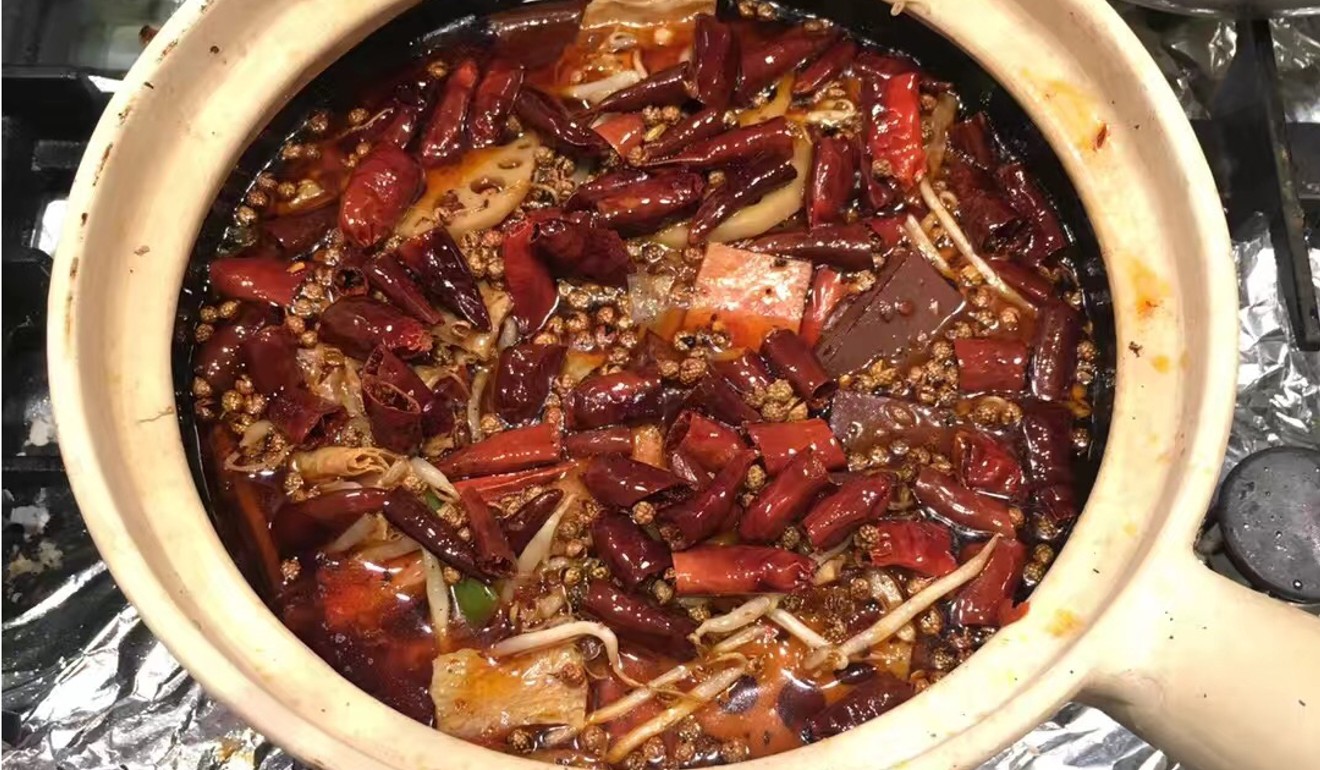
“The response from China is amazing, especially in Sichuan,” she said. “It seems many people are reading it and writing comments online.”
“It’s wonderful because I never expected it to be read in China and in Chinese because it is originally written in English,” she said.
Dunlop went to Chengdu, the capital of Sichuan, to study minorities history at Sichuan University in 1994. She had received her bachelor’s degree, majoring in English literature, from Cambridge University, and a master’s degree in China studies from the University of London’s School of Oriental and African Studies.
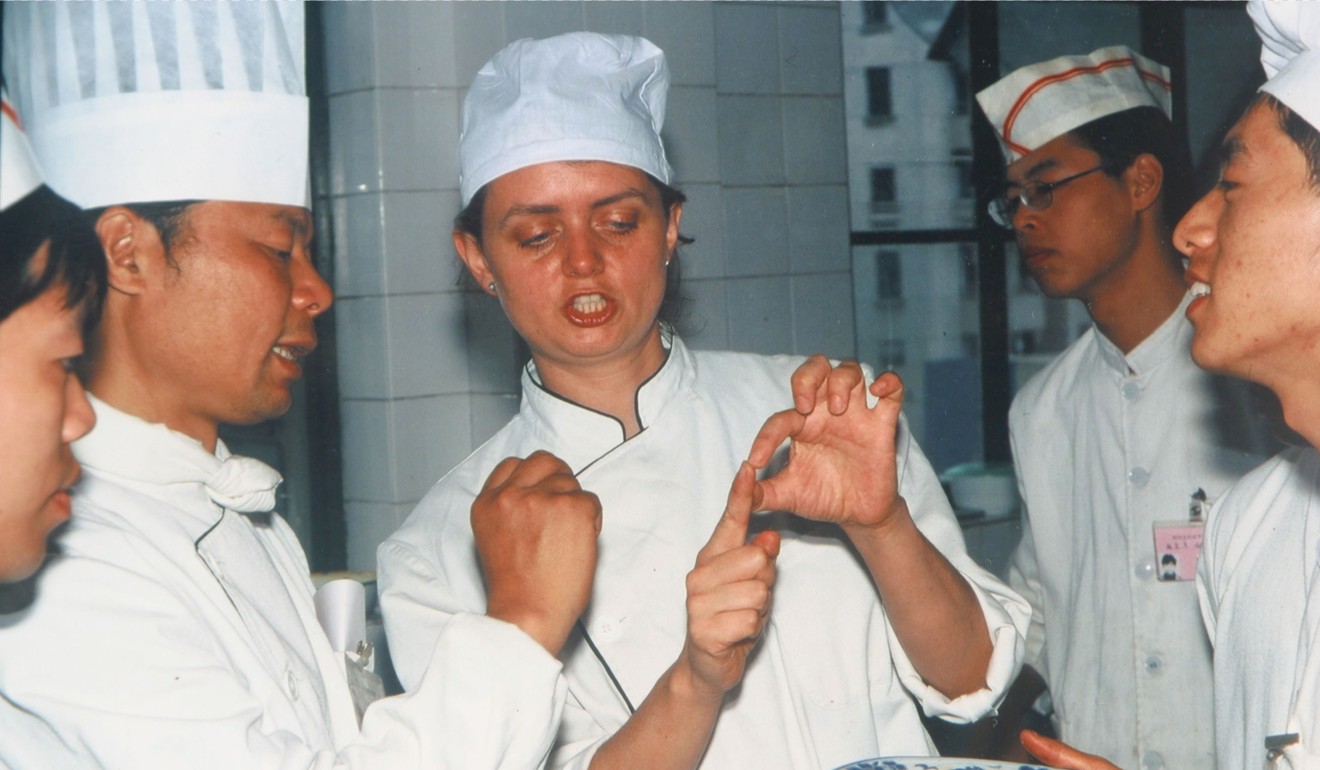
She said she had been interested in cooking since childhood and loved Chinese food, just like many foreign students in China. After studying at Sichuan University for a year, she spent three months at the Sichuan Cooking Technical School, then travelled across Chengdu to try various dishes and snacks, eating and learning from the cooks at street restaurants.
“I just started it as a kind of hobby, but as time went on I ended up keeping cooking notebooks and being able to cook Chinese food,” she said.
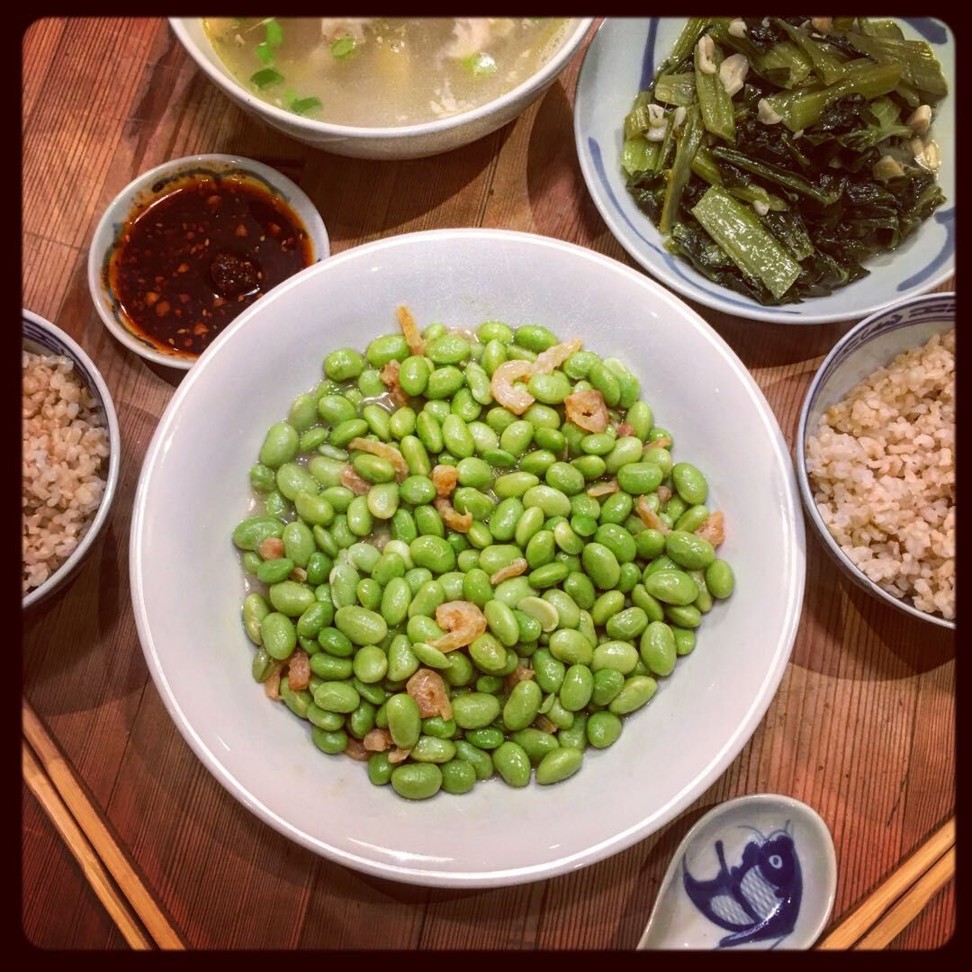
Dunlop decided to write about the cuisine after she found that “this amazing Sichuan food” was little known by many in the West.
After the publication of her first book, Sichuan Cookery, in 2001, Dunlop wrote a series of other works about Chinese food, including Revolutionary Chinese Cookbook (2006), Every Grain of Rice (2012) and Land of Fish and Rice: Recipes from the Culinary Heart of China (2016).
She loves Chinese cuisine, she said, because of the pleasure in eating “so many delicious things” and because of the links between food, history and geography.

“Another thing I don’t think foreigners recognise about Chinese food is that it is intimately bound up with the idea of health,” she said. “I think Chinese culture has deep understanding of how to eat well not just for pleasure, but for physical balance and for good health.”
She gave the book the title Shark’s Fin and Sichuan Pepper, two unusual ingredients for many Westerners, to make it look “exotic and intriguing” for English readers, she said.
Shark’s fin has historically been regarded as a high-end delicacy, although there are now global sensitivities to its use because of environment concerns. Many Westerners find the Chinese affinity for shark’s fin incomprehensible since it does not have much flavour itself, Dunlop said, and spicy Sichuan peppers are not widely used outside China.

“I am not telling people that they should eat shark’s fin,” she said. “In fact, in the book I talked about environmental problems of eating these things.”
The book was published last year in Taiwan, in the region’s official language – a complex form of Chinese characters. Publications from Taiwan are banned from circulation in mainland China.
Dunlop said many friends in China encouraged her to publish it on the mainland as it would be interesting for Chinese people to be exposed to a foreigner’s views about their food.
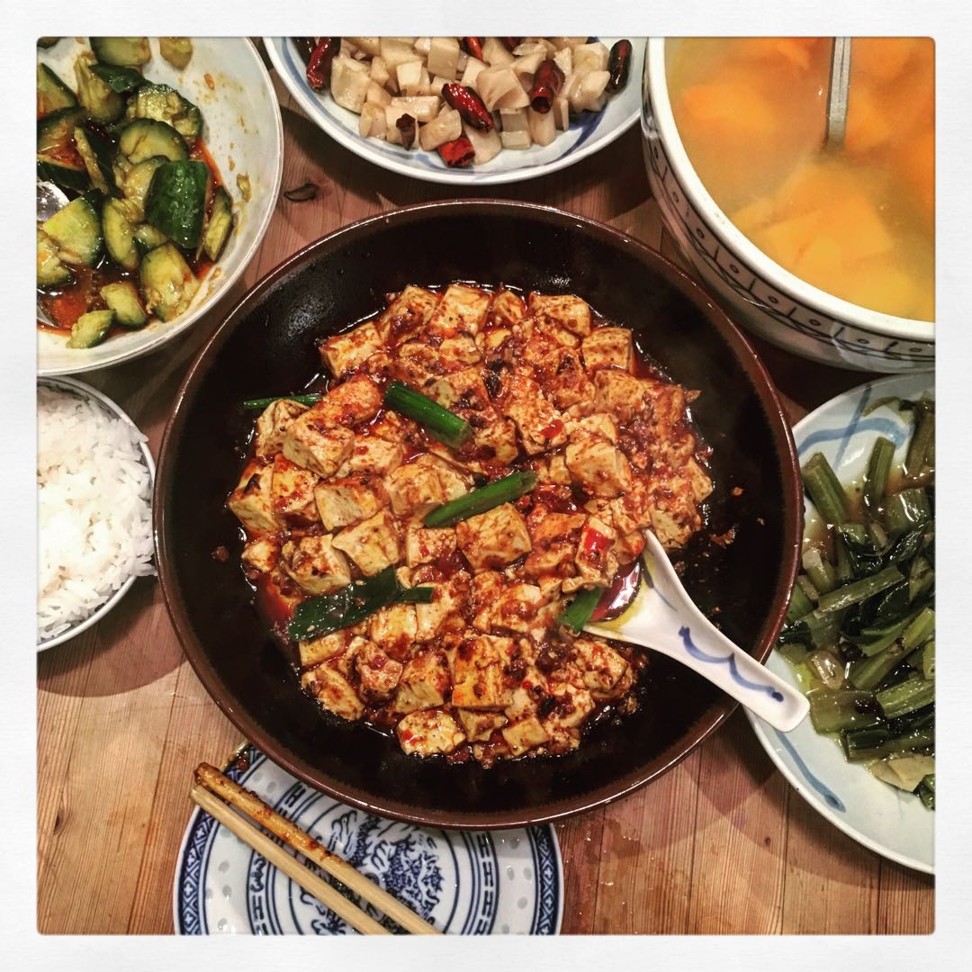
“My Chinese friends who have read the English edition or Taiwan edition said they thought as a foreigner, I noticed all kinds of things they didn’t notice because it is so normal in their everyday life,” she said. “So it made them think differently about the food culture.”
Since the Chinese edition was published in July, it has been reprinted four times with 50,000 copies in circulation, said the publisher, Shanghai Translation Publishing House.
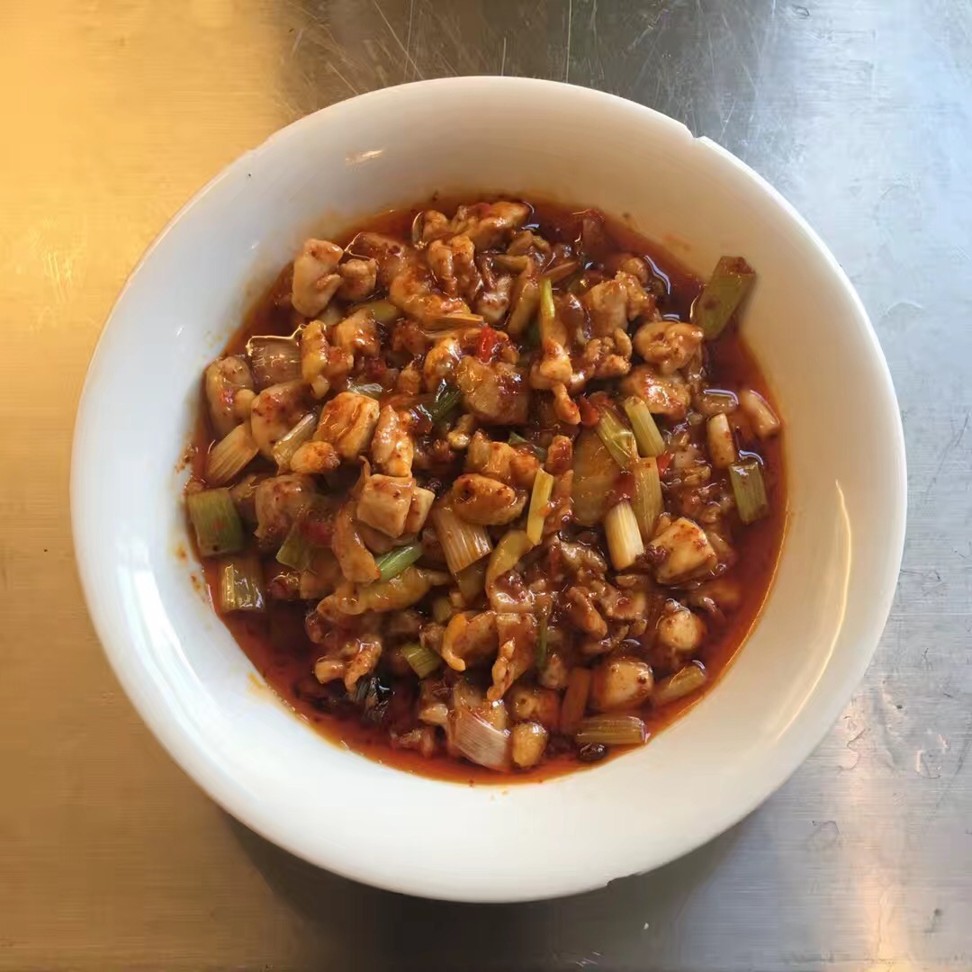
“It’s more like travel literature and it’s very authentic and very funny,” one reader said on the e-commerce website jd.com.
“It’s an interesting book, not only about eating, but also about difference and clashes between Chinese and Western culture,” wrote another reader on book-selling website Dangdang.com. “But the part about food is most exciting. I come to become hungry when I am reading it.”

Dunlop said one major challenge for foreigners in eating Chinese cuisine is the texture of items like chicken feet, sea cucumber, goose intestine and duck neck.
“People [in the West] usually don’t like those slithery and rubbery textures,” she said. “It’s something very Chinese, and you don’t find the same appreciation of food texture in the West.”
“It took me a long time to enjoy them. At the beginning I felt it pointless and even unpleasant to eat sea cucumber.”
She said she told her foreign friends that the Chinese appreciated these textured foods because of their particular mouthfeel (kougan) and that mouthfeel was an important part of Chinese gastronomy.
“You have to learn to appreciate mouthfeel if you want to develop a deeper understanding of Chinese cuisine,” she said. “That’s what I told them.”

